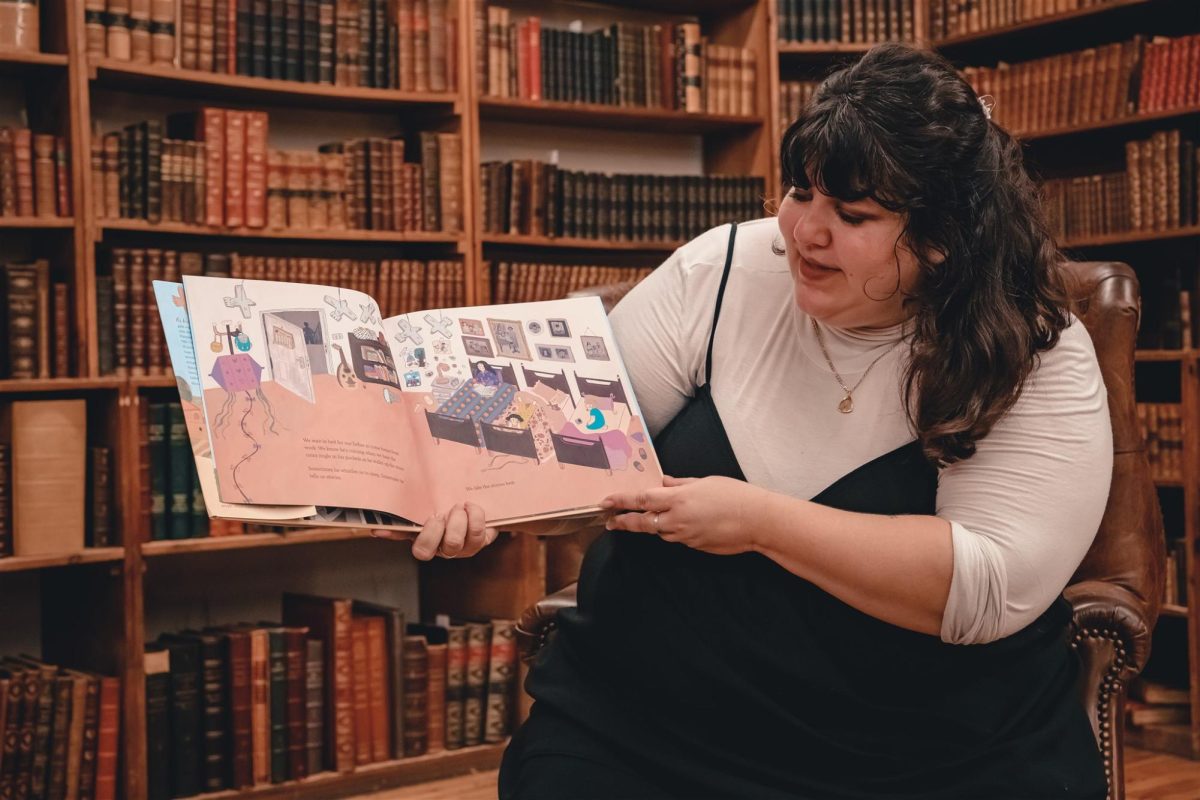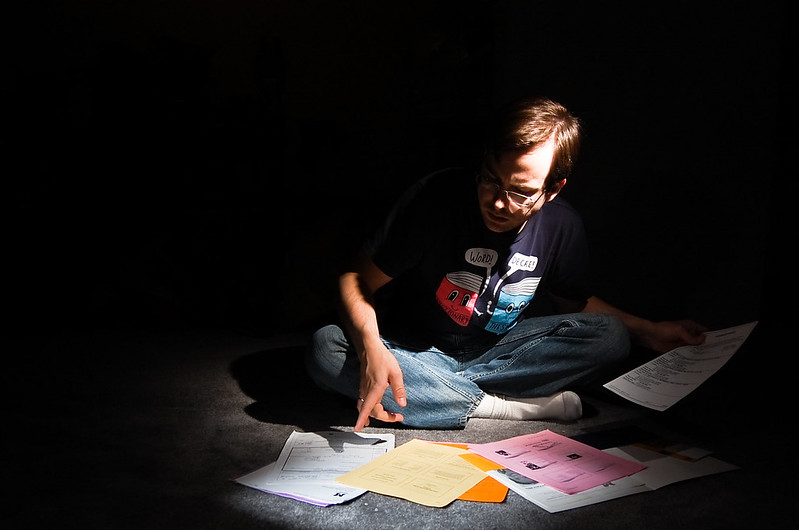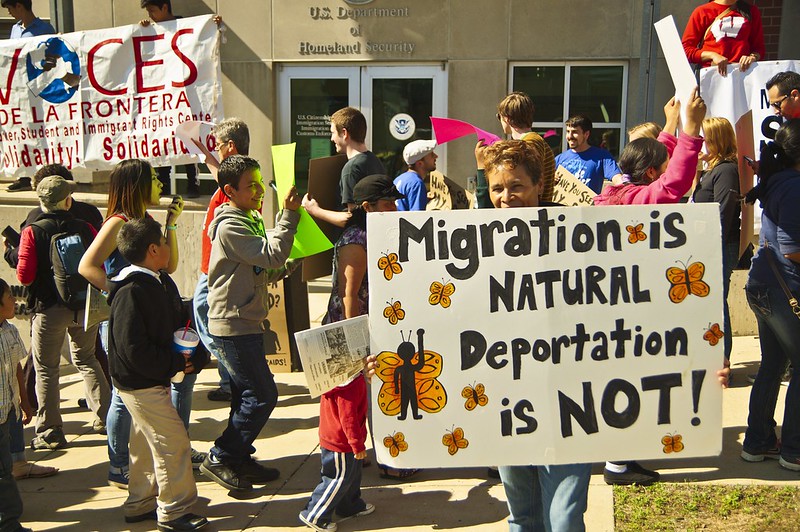Anahzsa Jones | Correspondent
As a 20 year old female college student that has chosen abstinence, I know a thing or two about the subject.
It’s not the most popular decision, and it definitely isn’t a hot topic for conversation. It seems like people are no longer scared to talk about sex, they’re scared to talk about no sex. Dr. Kami Kosenko, an associate professor in communication here at NC State, noticed the silence and decided to investigate.
Back in 2014, Dr. Kosenko conducted a study to see if talking about abstinence actually helped people stay abstinent. The first thing she had to do of course, was define what abstinence is, as well as its sister term, celibacy. The two are often mentioned in the same breath, so much so that people don’t really know the difference.
According to Kosenko, “Celibacy refers to abstaining from marriage, sexual relations, or both, and it’s usually driven by one’s religious beliefs. Abstinence gets defined in various ways but is usually associated with not having sex until marriage.”
Why someone chooses to be abstinent or celibate varies from person to person, and it’s important to keep that in mind. It is also important to remember that not everything you hear or think about abstinence is the truth.
“Some common misconceptions about abstinence are that it’s not a choice (i.e., that someone isn’t attractive enough to have a sex partner so he or she has no choice but to abstain), that only religious individuals decide to abstain (when, in reality, people make the decision to abstain for various reasons), and that abstinence is unrealistic (when, in reality, many people are able to adhere to their decisions to abstain),” said Dr. Kosenko.
Responses to the choice of abstinence range from “That makes sense,” to “Bruh, couldn’t be me,” and both are understandable. I’ve experienced both ends of the spectrum, those that think it’s a good decision, and those that think it’s unrealistic. I’ve been told both ‘more power to you’ and ‘you need to get laid.” Clearly, there are varying opinions on the subject.
The question becomes, in our effort to create a sexually free and tolerant society, have we created a new stigma against those who choose not engage in sexual activity? Dr. Kosenko seems to think so.
“We hope that our findings help “normalize” abstinence. In today’s society, abstinence and virginity are stigmatized, and people who decide to abstain are sometimes made fun of because of their decsion,” she said.
We live in a society where it’s okay to turn on Netflix with one hand and pull out a condom with the other, no questions asked, so of course there’s pressure on people to just go with what’s deemed “normal.” On the other hand, there’s been a real push for acceptance and conversations on topics like slut shaming and sexual assault that emphasize a person’s right to say no.
At the same time, sex has become such a norm that people have come to expect it in a relationship, so much so, that they feel they deserve to be warned of abstinence beforehand. I asked a few students if they were in a relationship and their partner told them they were abstinent, how would they respond?
“I would try to accept it, but I don’t think I would be able to unless I already had serious feelings for this person, like, I love this person. I don’t think I could do it. I think I would have to end the relationship just because having a physical connection in a relationship is very important to me,” said Rebekah Pinion, a junior studying animal science.
With responses like that, I don’t think it’s any mystery why people who are abstinent choose not to mention it. Personally, I don’t think it’s any of your business, unless I decide to make it your business, but that isn’t the world we live in.
It’s all about who you’re with and how much you want to be with them. Trevor Jenkins, a sophomore studying finance, said “Abstinent, if it was like, until marriage, I could definitely respect that. If you care about that person enough, it’s something you would respect.”
We have to find a balance between what we want and what we’re expected to want. Relationships are about both people involved, so keeping an open dialogue and communicating is incredibly important. No one wants to feel pressured, but no one wants to be blind-sided either.
Jenkins put it best in my opinion. “If sex is something someone values in a relationship, that’s just like any other factor they would need, or they feel they would need, so that’s just something you need to think about. And if that’s something that one person wants and the other person doesn’t want, then that might not be the relationship for you, and that’s perfectly fine.”













